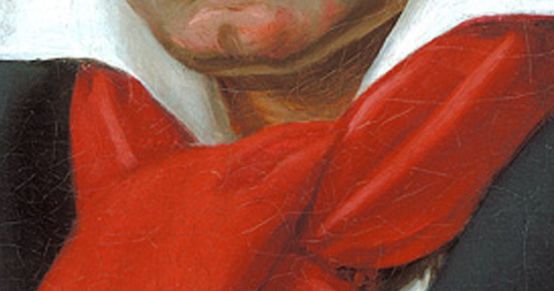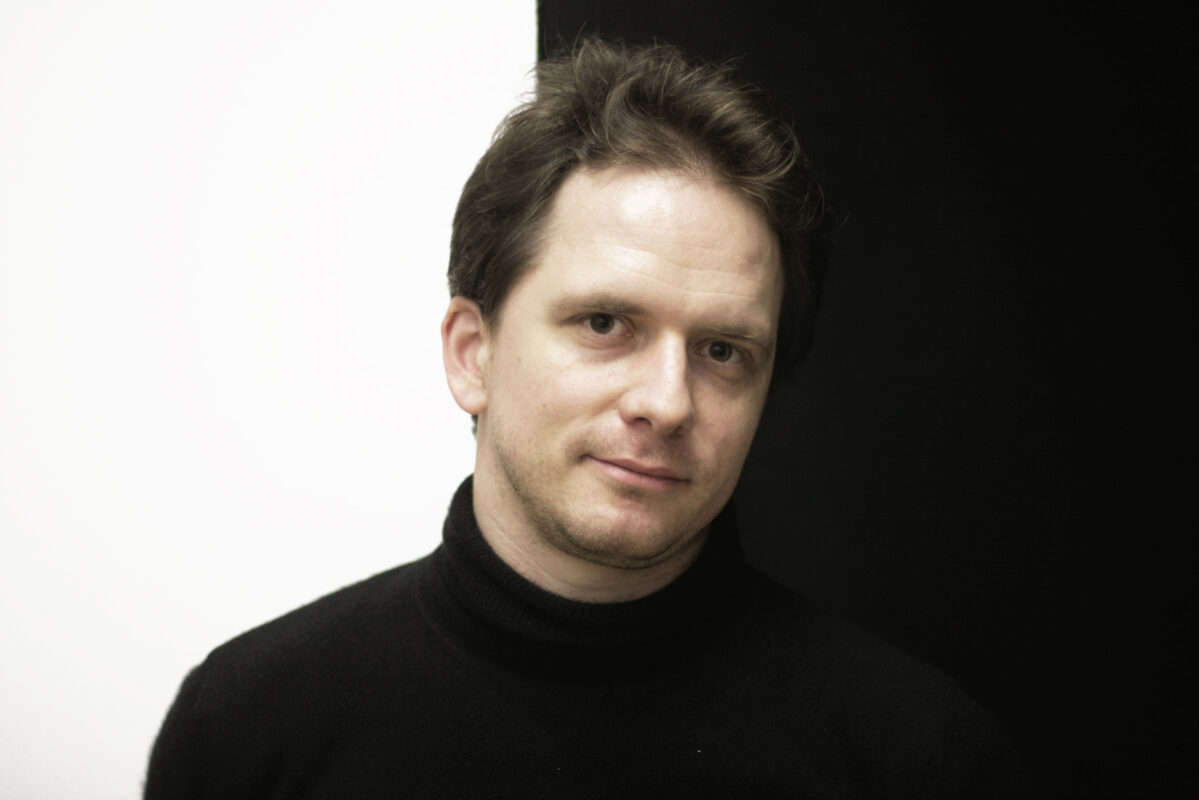Kreutzer" violin sonata
Every Friday, Beethoven is here. To mark the 250th anniversary of Beethoven's birth, each week the Swiss Music Review takes a look at a different work from his catalog. Today's focus is on the sonata for violin and piano No. 9 in A major, "Kreutzer".

The musical possibilities that the sonata for violin and piano still offered in the early 19th century, and the few constraints imposed on the treatment of the instruments, are visible on the title page of Beethoven's Sonata op. 47, named "Kreutzer Sonata" after its dedication: it is a Sonata per il Piano-forte ed un Violino obligato, scritta in un stile molto concertante, quasi come d'un concerto - a sonata for piano and obbligato violin, written in a very concertante style, almost like a concerto. With such freedom in the title, it's no coincidence that, throughout the 19th century (and not only in the case of the violin), no particular aesthetic developed for the sonata for piano and melodic instrument.
Beethoven dedicated the work to the French violin virtuoso Rodolphe Kreutzer, although, according to Hector Berlioz, he never played it and even described it as "outrageously unintelligible". But Beethoven did not find much more understanding among his German-speaking contemporaries. He was even accused of wanting nothing more than to differentiate himself from his fellow composers: a review of theAllgemeine musikalische Zeitung of Leipzig spoke of "aesthetic or artistic terrorism" - which is understandable with a first movement of no less than 599 bars. The technical demands of this sonata are considered very high, and the work is recommended only for very special occasions: "if two virtuosos for whom nothing is difficult any more, who possess so much spirit and knowledge that, if practice were added, they could write works of this kind themselves, and who, precisely because of this spirit floating above the whole, are not disturbed by the most peculiar excesses of the various parts : if they get together, study the work (for they too will have to do this), if they wait now for the hour when even the grotesque can and should be appreciated, provided it is done with spirit, and if they play now at that hour: then they will derive a full and rich pleasure from it. "
The idea of such a musical moment immediately brings to mind the novel The Kreutzer Sonata by Leo Tolstoy (1889), in which Beethoven's composition acts as an emotional catalyst, transforming the protagonist's love into power-hungry jealousy. A psychological drama about repressed emotions in the bourgeoisie of the time. In chapter 21, Tolstoy writes: "When two people devote themselves to the noblest art, music, there must be a certain intimate understanding; there is nothing wrong with such an approach, and only a stupid, jealous man could see anything objectionable in it. Nevertheless, everyone is well aware that it is through these activities, especially music, that a large proportion of adultery occurs in our society."
Aufnahme auf idagio
Keeping in touch
A weekly newsletter reveals the latest column on line. You can subscribe by entering your e-mail address below, or by subscribing to our RSS feed.








